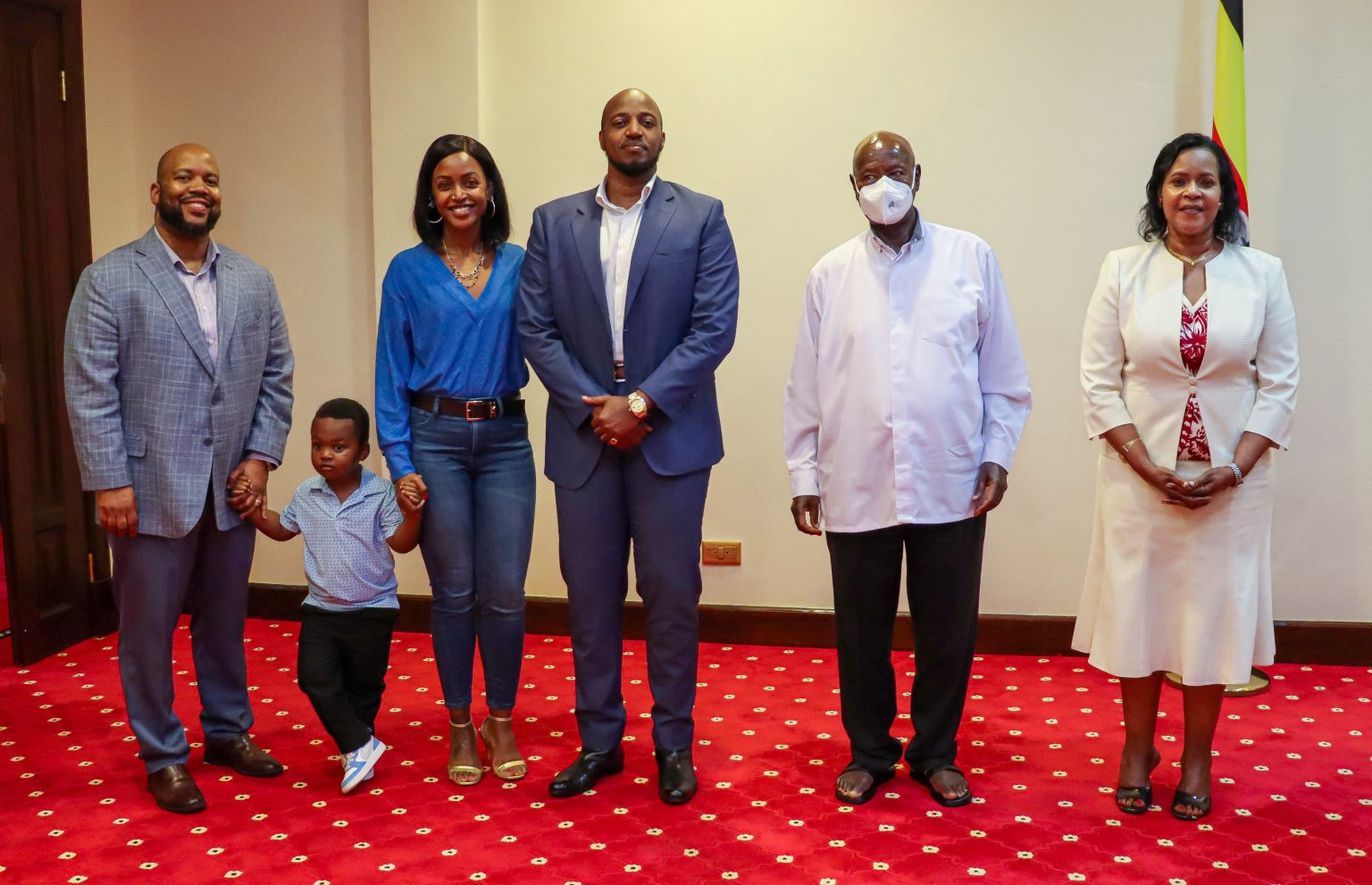By Fidel Boy Leon
“When the roots are deep, there is no reason to fear the wind.” For Tooro Kingdom, those roots are about to get very deep indeed: in coffee farms, cocoa plantations, and fishponds across nine countries.
On September 15 at State House Entebbe, King Oyo Nyimba Kabamba Iguru Rukidi IV came with more than a royal ceremony. His delegation brought hard numbers. A 4.6 billion shilling plan to transform how his Kingdom serves its people. President Museveni didn’t just nod politely, he called it exactly what his government needed.
Prime Minister Calvin Rwomiire spelt out the vision simply: bring services closer to people, create real jobs, and make the Kingdom matter in everyday life. Queen Mother Best Kemigisa will spearhead community mobilisation as the program’s face.
This marks a sharp turn for Uganda’s cultural institutions. For years, they’ve struggled to stay relevant in modern politics. Tooro is taking a different path, rolling up its sleeves and getting into the business of livelihoods.
President Museveni, who never misses a chance to talk about agriculture, was all ears. Coffee seedlings cost 3,000 shillings each from private sellers, he noted. Why not get them free from government sources and distribute them through the Kingdom’s network?
“This is a good intervention, provided you concentrate on the parish,” the President said, tying the project directly to his Parish Development Model. He promised parishes would keep their 100 million shilling allocations, with an extra 15 million for local leaders often left out.
But when talk turned to corruption, his tone hardened. PDM money has already gone astray; one parish gave funds to 50 people who didn’t even live there. “Those stealing PDM money will vomit it,” Museveni warned.
The Kingdom isn’t just thinking local. Nicolas Geoffrey, a Ugandan living in the UK, announced plans for a new university focusing on agribusiness and pharmaceuticals, backed by Middle Eastern money. Dr. Niel Holder from Barbados talked up trade links with the Caribbean, even mentioning direct flights through Uganda Airlines. It’s an ambitious mix: plant seeds at home, build bridges abroad.
Museveni’s quick embrace wasn’t just about farming. With 2026 elections approaching and new faces lining up to challenge him, support from cultural leaders sends a message that he’s still the man traditional Uganda respects.
The King’s delegation played their part perfectly, praising past government support and promising continued partnership. Everyone smiled for the cameras.
But good meetings don’t guarantee good results. Uganda is littered with failed development projects that started with fanfare and ended in disappointment. Tooro’s plan will only work if it avoids the usual problems: stolen money, poor management, and projects that help politicians more than people.
If the Kingdom can actually deliver seedlings to farmers and jobs to young people, it will have found a new way for traditional institutions to matter. If not, this becomes another broken promise.
What’s different this time is how concrete everything sounds. Real money, real projects, real problems to solve. Tooro is betting its future on Uganda’s biggest needs: food, jobs, and hope in rural areas.
Museveni gets to support his Parish Development Model while showing that kingdoms can be partners, not problems. Its smart politics wrapped in agricultural planning.
But as that old saying reminds us, talk is cheap. The real test comes when coffee seedlings hit the ground and young people start seeing actual opportunities. Only then will we know if Tooro’s new direction grows into something lasting—or wilts like so many government promises before it.


